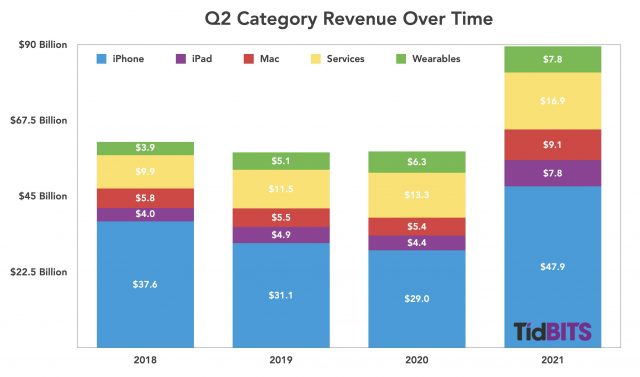Apple, Fedex and the cookie apocalypse
We’re now a couple of weeks into Apple’s latest iOS privacy move. If you want to track users between apps and the web, or from an ad through the app store to an install, then you need to ask permission and Apple has deliberately framed the question such that almost no-one will say yes. On some reports, CPMs are already down by half.
We could spend a lot of time arguing about the rights and wrongs of privacy and Apple’s framing and steering and use of its market dominance, but it’s probably more useful to suggest that all Apple has really done is implement the EU and California’s cookie laws, ‘but in apps’, and in an especially aggressive way. Step up another level, and this reflects a pretty broad shift in attitudes towards privacy in general and the huge inverted pyramid of complexity and nonsense of third party ad tracking in particular. Chrome and Safari are turning third party cookies off anyway. The cookie apocalypse is upon us and the tracking model of the last 25 years is going away.
What happens next? No-one in advertising quite knows. There are dozens of different projects for new ‘private’ ways to track users across different sites with different identity or logged-in models, but the most interesting remains Google’s FLoC, in which the browser analyses your behaviour and puts you into (mostly) anonymous, interest-based cohorts. The publisher can ask for a cohort and show you ads, but your actual activity never leaves your device. Apple does more or less the same thing on iOS in its News and Stocks apps, except that Apple also serves the ads and displays the content, so the underlying publishers see nothing at all (except a wire transfer). I think it’s very likely that Apple is looking at offering this in third-party apps and in Safari as well (I wrote about that here). So, Apple and Google want to move the tracking from the server to the client, and to one company with one point for the user to control instead of disaggregation across hundreds of publishers and ad-tech companies.
Leave a Comment
Related Posts
EU Competition Chief Vestager all but confirmed that Apple will be forced to allow a Second App Store on its Platform - Patently Apple
Comment


:focal(1800x1210:0x0)/cloudfront-us-east-2.images.arcpublishing.com/reuters/MYYE4IDMZVLXVLDZRNOVBQGCAU.jpg)












/cdn.vox-cdn.com/uploads/chorus_asset/file/25336775/STK051_TIKTOKBAN_CVirginia_D.jpg)


